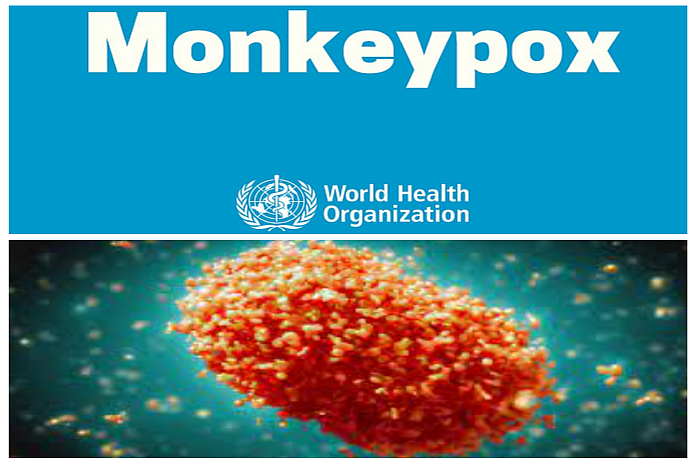Dear members and advisors of the Emergency Committee, dear colleagues and friends
Thank you for agreeing to be part of this committee to assess whether the multi-country monkeypox outbreak constitutes a public health emergency of international concern.
As you know, monkeypox has been circulating and killing in Africa for decades, with sporadic cases outside the continent linked to travel from Nigeria that have never before become epidemics.
Just over six weeks ago, WHO was notified of a family cluster of three cases of monkeypox without any recent travel outside of the United Kingdom.
Since then, more than 3200 confirmed cases of monkeypox, and one death, have been reported to WHO, from 48 countries including Nigeria, and in five WHO regions.
The outbreak in newly affected countries continues to be primarily among men who have sex with men, and who have reported recent sex with new or multiple partners.
Person-to-person transmission is ongoing and is likely underestimated. In Nigeria, the proportion of women affected is much higher than elsewhere, and it is critical to better understand how the disease is spreading there.
In addition, so far this year, almost 1,500 suspected cases of monkeypox and around 70 deaths have been reported in Central Africa, primarily in the Democratic Republic of the Congo, but also in the Central African Republic and Cameroon.
Few of these cases are confirmed, and little is known about their circumstances. While the epidemiology and viral clade in these cases may be different, it is a situation that cannot be ignored.
I want to emphasize several things: WHO asks all Member States to share information with us.
In other outbreaks, we have sometimes seen the consequences of countries not being transparent, of not sharing information.
We need case finding, contact tracing, laboratory investigation, genome sequencing, and implementation of infection prevention and control measures;
We need information about the different clades of monkeypox virus;
We need clear case definitions to help identify and report infections;
And we need all countries to remain vigilant and strengthen their capacities to prevent onward transmission of monkeypox. It is likely that many countries will have missed opportunities to identify cases, including cases in the community without any recent travel.
WHO’s goal is to support countries to contain transmission and stop the outbreak with tried-and-tested public health tools including surveillance, contact tracing and isolation of infected patients.
At the moment, while men who have sex with men have been most affected in these new outbreaks, there are also risks of severe disease for immunocompromised persons, pregnant women and children if they are infected.
There are also some risks to health workers if they are not wearing appropriate personal protective equipment.
So although most cases so far in newly affected countries have been identified in men who have sex with men, WHO has been calling for intensified surveillance in the broader community.
We have learned a great deal from recent outbreaks, including COVID-19 and the global HIV epidemic.
One of the most important lessons is that one of the most effective ways of responding to outbreaks in affected communities is to work closely with those communities to co-create effective risk communications. That is what WHO is doing.
We need to work with partners, including with affected communities, to address stigma, discrimination and misinformation swiftly and decisively.
We also need to work together as an international community to generate the necessary clinical efficacy and safety data on vaccines and therapeutics against monkeypox, and to ensure their equitable distribution.
We rely on your expertise for advice on public health measures, raising awareness, diagnostics, vaccination, treatment, and other matters.
My colleagues will provide technical updates on the current epidemiological situation, future scenarios, vaccination, international travel, and other matters.
My thanks once again to all of you for sharing your expertise, and for your dedication and commitment.
The International Health Regulations will guide your deliberations.
I wish you a productive meeting.
I thank you.







